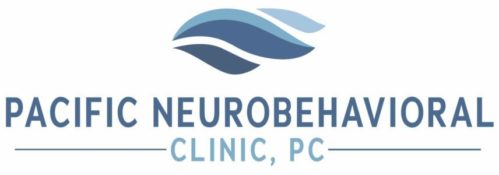Many people have asked, “what is mindfulness, and can it really help me?” The answers to those questions are simple and developing a mindfulness practice can be relatively easy. Many mindfulness resources are accessible for free on websites and mobile apps, while other resources are available on a subscription basis or by enrolling in a class or seminar. There are tons of options out there and they are just a few clicks away. As we explore practicing mindfulness, several links to resources are included below. These links are not endorsements of these apps or organizations; there are provided as references and convenience for those looking to access resources to start a mindfulness practice.
Over the past several years there has been a growing body of research on the benefits of mindfulness. The websites for many public and private organizations, such as National Institutes of Health, The Mayo Clinic, and Kaiser Permanente provide information on how to practice mindfulness. Many of these sites also share research outcomes which can help us to better understand the impact of a mindfulness practice across a variety of settings including home, work, sports, medical treatments, etc. In addition, there are many mobile apps, such as Headspace, which offer convenient guides to help establish or further develop a mindfulness practice, as well as information on the science behind mindfulness.
What is mindfulness?
Mindfulness is generally described as being fully present in the current moment. In any given moment, our attention can shift between several topics or tasks. Even when we are “paying attention” or focusing on one object, our attention frequently shifts, even for brief instances. When we practice mindfulness, we learn how to increase our ability to focus, to be fully present in the moment. In other instances, our attention can be divided because we may try to push some thoughts or memories out of our awareness because they may be unpleasant or distressing. Research has shown developing a mindfulness practice can help improve stress tolerance, which also strengthens our ability to be present in the current moment.
So, how do I learn to increase my ability to focus and improve my stress tolerance?
There are many mindfulness techniques to help you get started and learn the basics. Here is a common technique:
- Mindful breathing—try spending 1 minute focusing on your breathing. Notice the rise and fall of your shoulders, rib cage, or abdomen. Notice if your breathing is shallow or deep, if the rate of your breathing is rapid or slow. If your mind wanders off to other topics, simply recognize it and return your attention back to your breathing. It is very natural for our minds to wander, so this may happen quite a bit; however, the more you practice mindful breathing, over time you are a likely to notice you are better able to catch your attention shifting and turn your attention, your focus back to your breathing.
Mindful breathing is a simple way to begin a mindfulness practice and improve your ability to focus your attention and increase distress tolerance. As you continue this practice, you can increase the length of time you focus on your breathing to 2 minutes, 3 minutes, or 5 minutes. Other mindfulness techniques that my help include another exercise call body scan, focusing your attention on different parts of your body. The University of California, San Diego Center for Mindfulnessoffers several guided audios and videos to help navigate through brief mindfulness sessions, including a 10-minute guide to body scan.
There are many options out there to help you get your mindfulness practice going. Simple chose one and start practicing.
——————————————————————————————————————————————-
Links:
Kaiser: (https://healthy.kaiserpermanente.org/health-wellness/mental-health/tools-resources/mindfulness )
Headspace: (https://www.headspace.com/mindfulness )
UCSD Center for Mindfulness (https://medschool.ucsd.edu/som/fmph/research/mindfulness/programs/mindfulness-programs/MBSR-programs/Pages/audio.aspx )
Written by Takisha Corbett, Ph.D. Dr. Corbett is a licensed psychologist specializing in health psychology at Pacific Neurobehavioral Clinic, PC.

